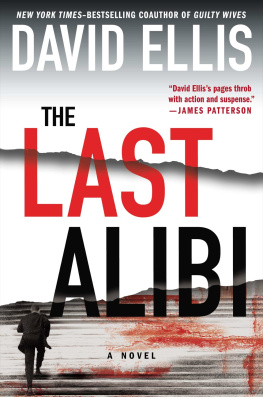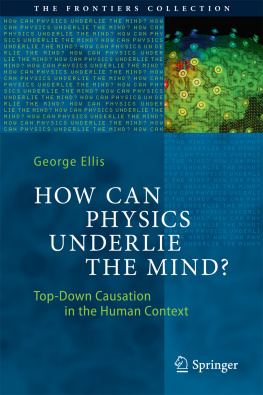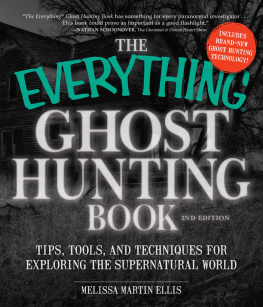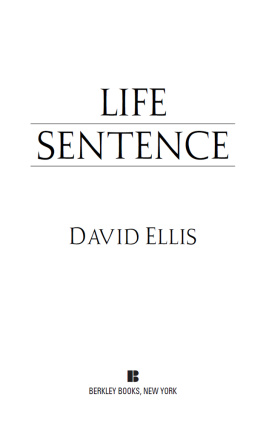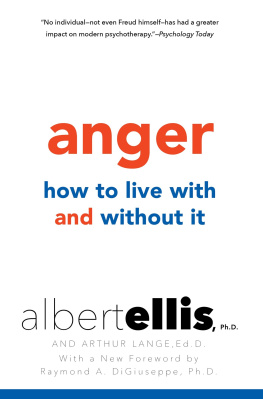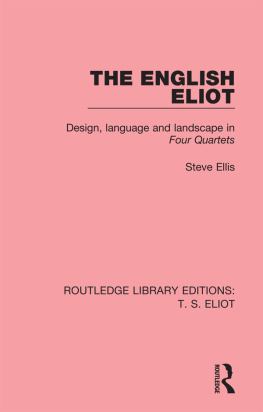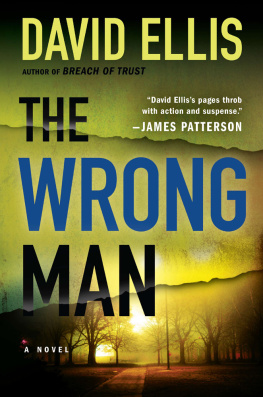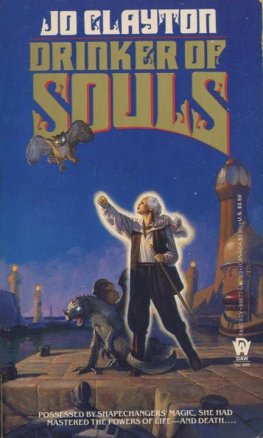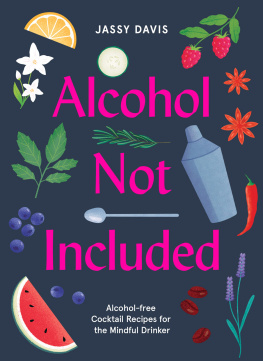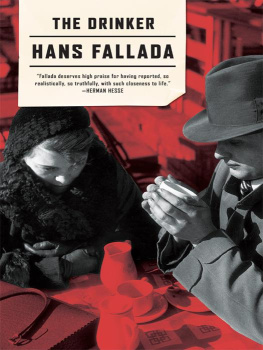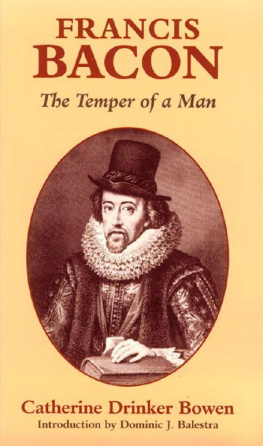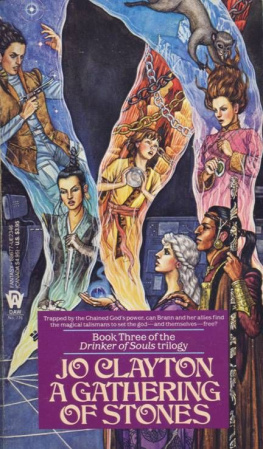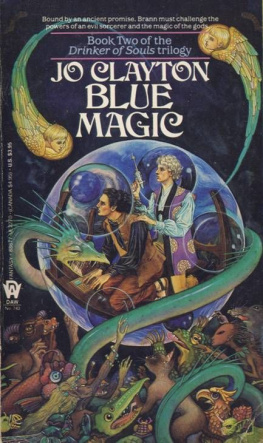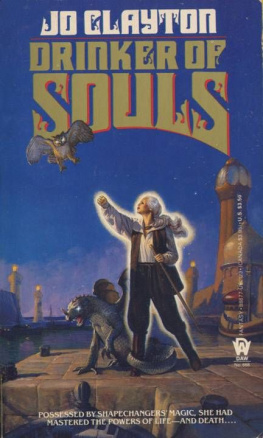G. P. PUTNAMS SONS
Publishers Since 1838
Published by the Penguin Group
Penguin Group (USA) Inc., 375 Hudson Street,
New York, New York 10014, USA
USA Canada UK Ireland Australia New Zealand India South Africa China
Penguin Books Ltd, Registered Offices: 80 Strand, London WC2R 0RL, England
For more information about the Penguin Group visit penguin.com
Copyright 2013 by David Ellis
All rights reserved. No part of this book may be reproduced, scanned, or distributed in any printed or electronic form without permission. Please do not participate in or encourage piracy of copyrighted materials in violation of the authors rights. Purchase only authorized editions.
Published simultaneously in Canada
Library of Congress Cataloging-in-Publication Data
Ellis, David, date.
The last alibi / David Ellis.
p. cm.
ISBN 978-1-101-62114-1
1. MurderInvestigationFiction. I. Title.
PS3555.L59485L38 2013 2013015329
813'.6dc23
This is a work of fiction. Names, characters, places, and incidents either are the product of the authors imagination or are used fictitiously, and any resemblance to actual persons, living or dead, businesses, companies, events, or locales is entirely coincidental.
To Ed Nystrom
THE TRIAL, DAY 1
Monday, December 9
Jason
Judge Judith Bialek, from her bench overlooking the court, peers down over her glasses at the defense and prosecution. Until now she has been businesslike, efficient, carefully instructing the twelve jurors and three alternates as to their duties in this case. But this particular case gives her pause, as she is familiar with the parties and tries to emit some kind of acknowledgment of this fact: a grim smile, lips tucked in, a brief nod in the direction of the defense table.
Please remember, above all, she says, that the defendant has pleaded not guilty, and he is presumed not guilty unless proven otherwise beyond a reasonable doubt.
Everybody knows that, of course. Youve only made it as far as Judge Bialeks courtroom if youve uttered those two words: Not guilty. Not guilty by reason of insanity. Self-defense, maybe. But always Not guilty!
How many times Ive stood in a courtroom like this one, the grand, ornate walnut molding and finishes, the overdone lighting, the walls practically bleeding with the fears and horrors theyve absorbed during the seven decades that this building has stood. Not guilty are the only words the exhausted and terrified defendants utter prior to trial, but so many more lie just beneath the surface, at the backs of their throats, yearning to gush forth: I didnt do it. I was set up. This is all a misunderstanding. Its not like it seems. Im not a criminal. Please, please, before this goes any further, just please hear me out!
Ive lost count of the number of times Ive stood here. Over three hundred cases, if you count everything from third-chairing a trial to being the top dog, while I was prosecuting. Nearly fifty cases, surely, as a defense lawyer, standing next to a weak-kneed defendant watching the machinations of the criminal justice system begin to churn against him, the enormity of what is happening crashing down upon himthe judge in a black robe, the steely prosecutor, the sheriffs deputy waiting to handcuff him, the United States flag waving over a courtroom of the public, spectators watching him stand accused by the government, peering at him with a combination of morbid curiosity and vicarious thrill.
We will now hear opening statements from the prosecution. Mr. Ogren.
Thank you, Your Honor. Roger Ogren is a lifer at the office, probably close to twenty-five years in by now. I knew him when I was there. I was surprised, in fact, to learn that he was handling this case. And I was unhappy, too. This is a man who has seen everything, who is surprised by nothing.
He is slim, unusually so to anyone who knows him, after a long illness that many thought would end his career. No longer fitting into his old suits, Roger is wearing new stuff, fashionable threads his wife must have picked out.
As Roger Ogren approaches the podium to address the jury, Shauna Tasker very subtly places her hand over mine. I turn and offer a grim smile. Shauna is my law partner. She is my best friend.
And for this trial, she is my lawyer.
Ladies and gentlemen, says Ogren, we are here today for one reason and one reason only. This is a murder trial, and the defendant is Jason Kolarich.
Ogren turns and points his finger at me. I always advise my clients to be ready for that, to have earnest, nonthreatening looks on their faces, and to return the stare. I now understand just how difficult it is.
And again I hear the cries of the thousands who have sat in this chair, their silent, desperate wailings: It wasnt me. They have the wrong guy. You dont understand what happened, just let me explain, please dont do this to me!
But I say none of those things. I just look at the jurors with my I didnt kill anybody faceyes, I practiced before a mirrorsearching their eyes, wondering what it is they are seeing in me.
I will probably testify. When I do, Im not sure it will be convincing enough to establish reasonable doubt. Im not sure it will do more good than harm.
Im only sure, in fact, of one thing: When I testify, I will not tell the truth.
SIX MONTHS BEFORE TRIAL
June
Jason
Tuesday, June 4
I stand up in the courtroom gingerly, still hesitant with the knee, more out of habit than necessity. My mouth is dry and sticky, so I slide the glass of water near the podium in case I need it. Once I start, I dont like interruptions unless I choose one for tactical advantage. Its all about strategy once I walk into a courtroom.
This is war, after all. No other way to look at it. The cop sitting on the witness stand arrested my client for possession of two grams of crack cocaine. My job at this hearing is to show that he had no probable cause to search my client, and therefore the product of that searchthe cocainemust be excluded from evidence. This is technically a preliminary hearing prior to trial, but everyone knows that this is the whole enchilada. If the crack is found admissible, my client is toast; he has no defense left other than claiming that the plastic bags fell from the sky into his pocket, which usually doesnt work. But if, on the other hand, the judge excludes the crack from evidence, my client walks.
My client is William Braden, a nineteen-year-old high school graduate from the posh suburb of Highland Woods whos taking a year or two off before college. Exactly why Billy decided to come down to the citys west side to buy his drugs is anyones guess. Surely he could have found them at the high school or other places up there; the lily-white, wealthy suburbs are no longer immune from hard-core drugs. But people do dumb things. If they didnt, I wouldnt have a job.

